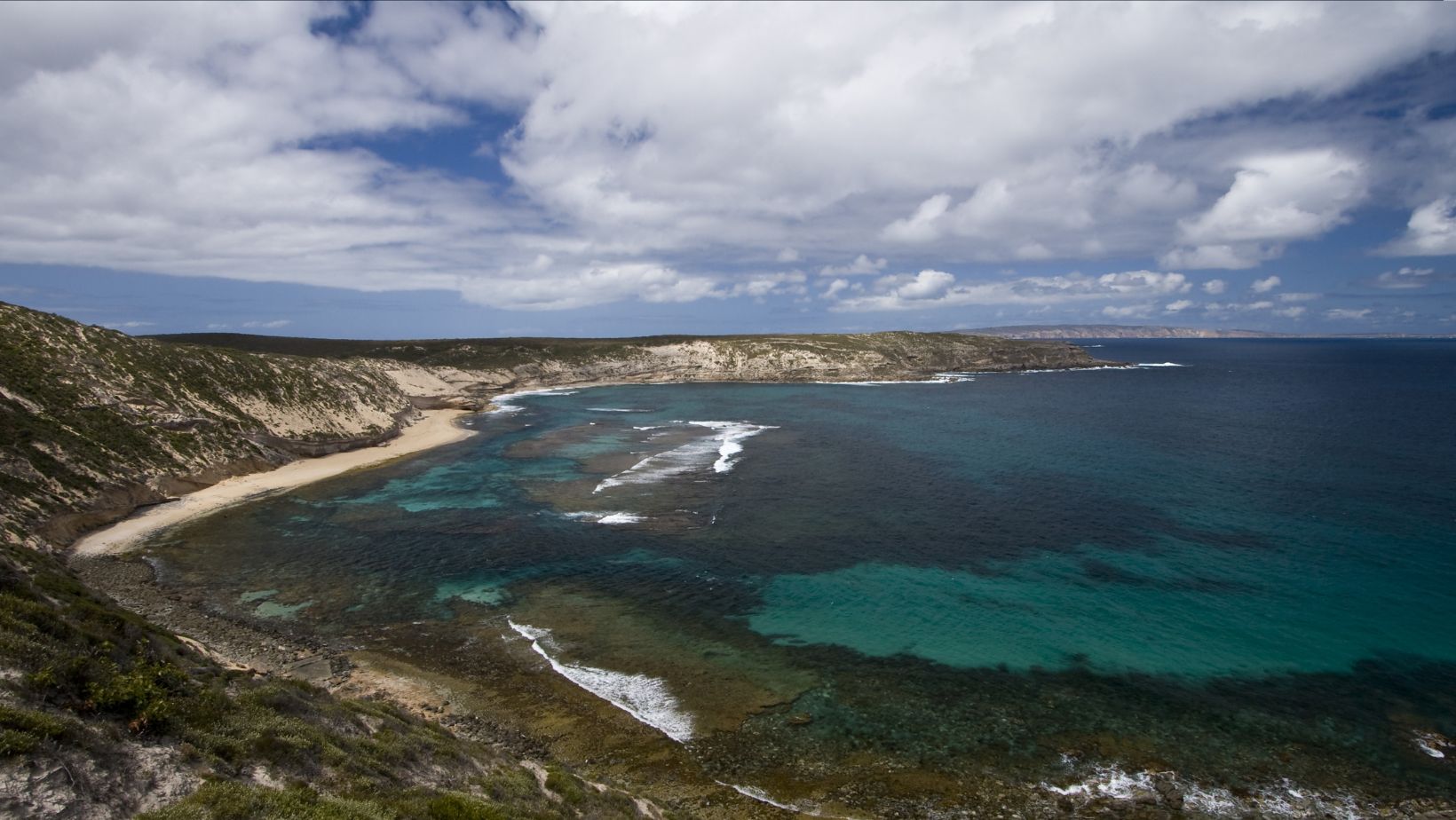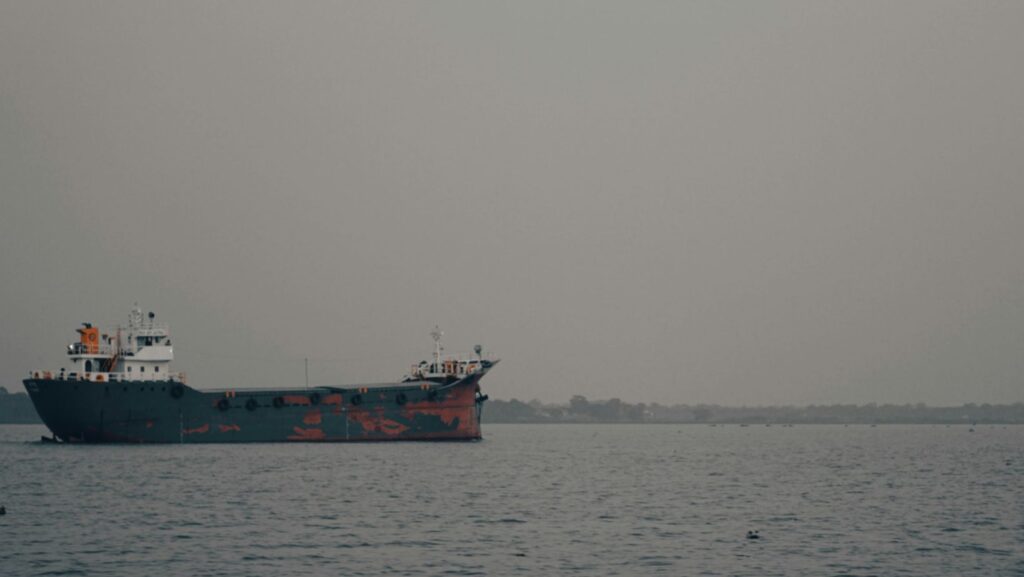Recycling, solar energy, and pollution control are typically the first things that come to mind when we discuss about saving the environment. And those are very important things! Making workplaces safe is another but less discussed way we can protect the environment. This is particularly true for occupations involving large ships and ports.
Think about a large ship transporting chemicals. An improperly trained worker that fails to follow safety procedures could result in a chemical discharge into the water. Fish, plants, and the water itself suffer greatly from that. Or what happens if a machine malfunctions due to improper maintenance? It might squander a lot of energy, spill oil, or catch fire.
Workplace safety training can help combat that, it all comes down to ensuring that the tools and regulations keep everyone safe and educating employees to perform their duties without being hurt. This is especially crucial for sectors like maritime, which benefit from organizations providing those specialized safety programs.
So, How Does Safety Training Help the Environment?
It first prevents pollution before it begins. Employees are far less likely to spill hazardous materials like fuel or chemicals when they are properly trained to handle them. When there is no spill, there are no harmful gases in the atmosphere, no oil slicks, and no chemicals in the water.
Second, it reduces the amount of trash and items we utilize. Things break less frequently when workers are trained to operate carefully and efficiently. Machines operate more efficiently over time. This implies that we won’t need to produce as many new items, which consumes energy and resources, or dispose of as much waste. Consider the possibility that a machine may wind up in a landfill and that a new one will need to be constructed if it fails due to a failure to follow safety regulations. Less waste results from safe labor!
Thirdly, it guarantees fast handling of emergencies. Even with the best safety instruction, accidents can still happen. However, employees can take fast action to prevent harm from spreading if they are instructed on what to do in the event of a spill or fire. This might mean the difference between a little spill and a catastrophic environmental catastrophe.
 Last but not least, when people learn to be extremely cautious and accountable for their personal safety at work, they often extend that mindset to environmental issues as well. They learn more about conserving water, shutting off lights, and ensuring that waste is disposed of properly.
Last but not least, when people learn to be extremely cautious and accountable for their personal safety at work, they often extend that mindset to environmental issues as well. They learn more about conserving water, shutting off lights, and ensuring that waste is disposed of properly.
Therefore, keep in mind that workplace safety encompasses more than just keeping people safe the next time you hear about it, particularly in large businesses like the maritime sector. It’s also an effective method of safeguarding our land, air, and seas. It’s crucial to creating a healthier, cleaner future for everybody.

